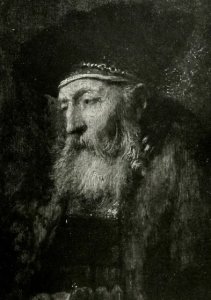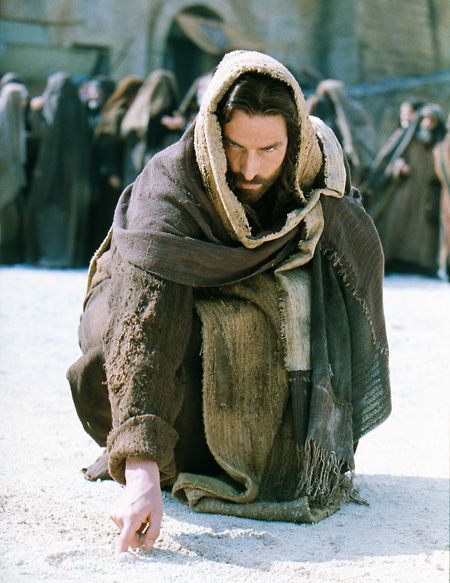
David and Jonathan’s Friendship
As many who have followed me for a bit, I have fallen into the Psalms, and I can’t get up! (As if I would want to.) The Psalms are a majestic collection of poetry, of heart felt human experiences that constantly challenge me in my own frail attempt to follow the true King. As many of the Psalms are written by David, my study on the Psalms has spurred me on to looking at the life of David, is the main contributor to this book, and to follow the victories and tragedies of the shepherd King of Israel.
Many times in the narrative, we will see the Lord Jesus, imperfectly, yet a reflection of His spirit in a man with weaknesses. .
1 Samuel 18:1-5
1 As soon as he had finished speaking to Saul, the soul of Jonathan was knit to the soul of David, and Jonathan loved him as his own soul.
2 And Saul took him that day and would not let him return to his father’s house.
3 Then Jonathan made a covenant with David, because he loved him as his own soul.
4 And Jonathan stripped himself of the robe that was on him and gave it to David, and his armor, and even his sword and his bow and his belt.
5 And David went out and was successful wherever Saul sent him, so that Saul set him over the men of war. And this was good in the sight of all the people and also in the sight of Saul’s servants.
David has just vanquished the giant, having come out of nowhere to fight Israel’s battle.
A king, who was a literally a giant of a man amongst his people wasn’t taking the challenge. He didn’t seem to be affected by the slurs against the nation of Israel’s God. Politically, he sought someone to rescue him from this national embarrassment through the provision of gifts, his daughter and tax relief.
So a young shepherd shows up, simply being obedient to his father’s wishes, bringing sustenance to his brothers. After hearing the circumstances of the battle the Israelites were in the midst of, David takes action. Having conquered the enemy, the King asks again about David, but specifically about whose son this young man is.
As an aside, it is interesting to note that Saul was sending out a boy to battle, not concerned about his family, or who he was. This is the nature of a ruling class. Subjects are to be used for the needs of those in charge. After the victory, when Saul asks whose son this warrior is, was it to fulfill his commitment to grant tax free status to the family, or to find a resource he could take advantage of for future battles? I will leave it to my reader to decide.
Nevertheless, David was summoned and presented before the king. And a new character in David’s life appears. An Israeli prince by the name of Jonathon.
Let’s consider Jonathon for a moment. He has already established himself as a victorious, faithful soldier of the nation, a man who is a leader, as seen in his conquest of the philistine garrison is 1 Samuel 14. Not only did he take on a challenge due to opportunity and not by command – for you see Jonathon wasn’t commanded by the king to take on the garrison, but he saw opportunity and trusted God for a victory. As a matter of fact, Jonathon didn’t let his father know of his escapade.
1 Samuel 14:1 One day Jonathan the son of Saul said to the young man who carried his armor, “Come, let us go over to the Philistine garrison on the other side.” But he did not tell his father.
Also, take note of Jonathon’s attitude as he spoke to his armor bearer in 1 Samuel 14:6
…It may be that the LORD will work for us, for nothing can hinder the LORD from saving by many or by few.”
It must seem obvious that when these two men met for the first time, a bond of fellowship was recognized between them. They were of kindred spirits, both men who sought ways to see God at work, who had faith in the Living God, and who risked their lives to exhibit this faith.
Surely Jonathon had heard of David, for David had been in the royal court for short periods of time prior to this, trying to satisfy both the king and his father with his presence. This was about to end, for the king was looking to take this young man from his family for his own service. David was to be in the kings court permanently.
Verses 3 & 4 speak of Jonathon and David’s connection, of Jonathon’s commitment to David, of his being bound together with David. The soul’s of these two men were “tied together” at this time, and we do not need to make any crazy assumptions beyond a friendship based on a “knitting together” of their souls.
Jonathon’s gift of supplying the robe to David was an act of the highest honor for a prince to perform. Not only did Jonathon provide this honor of supplying his robe, he went so far as to give David his armor his sword his bow and his belt.
The robe, it seems represents the royal status of the prince, and the remaining items the equipment of the soldier being sent out for the nation. Jonathon provided David the equipment he needed. For the king was keeping David near, to send him out representing the nation in battle. And as can be expected, David was successful where ever he went for the king.
And the people loved him.
The servants of Saul loved him.
Jonathon loved him.
But as we will find out, a small man like Saul began to hate him.
Thanks again for coming to visit. I hope you found something of interest in this post and would appreciate a comment, to begin a discussion. If you know someone this blog may bless (or challenge), send them a link, so they may join us in our discussion.
Come join us at Considering the Bible


3 responses to “Life of David – 6.01”
LikeLiked by 3 people
LikeLiked by 2 people
LikeLiked by 2 people